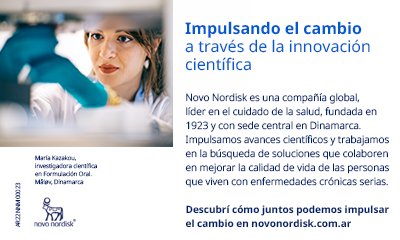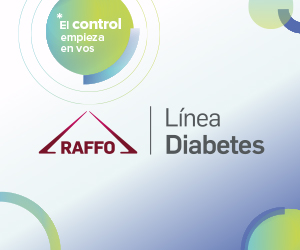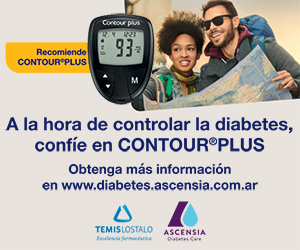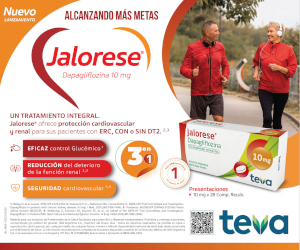P17 Quality of care in the transdisciplinary management of patients with type 2 diabetes
DOI:
https://doi.org/10.47196/diab.v54i3Sup.398Keywords:
quality of care, transdisciplinary management, type 2 diabetesAbstract
Introduction: Transdisciplinary treatment is one of the pillars for reaching a reduction in mortality and complications in patients (p) with type 2 diabetes (T2D). Different indicators allow us to know the quality of care in outpatients. We do not know the different modalities of control and treatment according to the specialty of the attending physician in this group of patients.
Objectives: Evaluating if control by a specialist in diabetes improves the quality indicators of the process of care in patients with T2D.
Materials and Methods: During 3 months in the year 2019, a survey was made for patients with T2D in 44 cardiology practices in Argentina. The doctor in charge of T2D control was registered and the sample was divided into 2: group 1, where the T2D control was in charge of a specialist (an endocrinologist or a diabetologist), and group 2, where T2D control was in charge of a doctor not specialized in diabetes (clinical/general practitioner, cardiologist, or others). For this work, we will use 3 indicators of process quality: 1- ocular fundus, 2- Monofilament Test and 3- Microalbuminuria, all undertaken during the year previous to consultation.
Results: A total of 694 patients enrolled. In a 63.4%, the follow-up was made by a specialist (group 1, n 440) and a 36.6% by doctors not specialized in diabetes (group 2, n 254). In chart 1, we can observe the general characteristics. Cardiovascular disease was found in almost half of the patients analyzed and microvascular complications were more frequent in group 1. The average HbA1c was of 7.2 ±1.6 (group 1) and 7.1 ±1.5 (group 2) (p=ns). HbA1c target <7 was reached in a 52.9% in group 1 and a 61% in group 2 (p=0.01). The patients cared for by a specialist in T2D (group 1) exhibited a greater evaluation of quality process indicators (graphic). Regarding the use of pharmaceutical products, we have not found any differences in the use of: (Group 1 vs. Group 2) ACE inhibitor/ Angiotensin II receptor (84.7vs. 83.6%), statins (70 vs. 71.3%), SGLT2 inhibitors (10.7 vs. 8.3%) or GLP-1 receptor agonists (2.5 vs. 3.9%). Patients in group 1 had lesser use of metformin (83.4 vs. 90%) and higher use of insulin (26.1 vs. 15.3%) and DDP-4 inhibitors (27.2 vs. 19%).
Conclusions: Medical care provided by a specialist in diabetes improves indicators of the quality of care. However, a decrease in the detection of microvascular complications in both groups was registered. We have not found any differences related to the use of kidney or cardiovascular pharmaceutical products.
Downloads
Published
How to Cite
Issue
Section
License

This work is licensed under a Creative Commons Attribution-NonCommercial-NoDerivatives 4.0 International License.
Dirección Nacional de Derecho de Autor, Exp. N° 5.333.129. Instituto Nacional de la Propiedad Industrial, Marca «Revista de la Sociedad Argentina de Diabetes - Asociación Civil» N° de concesión 2.605.405 y N° de disposición 1.404/13.
La Revista de la SAD está licenciada bajo Licencia Creative Commons Atribución – No Comercial – Sin Obra Derivada 4.0 Internacional.
Por otra parte, la Revista SAD permite que los autores mantengan los derechos de autor sin restricciones.


































